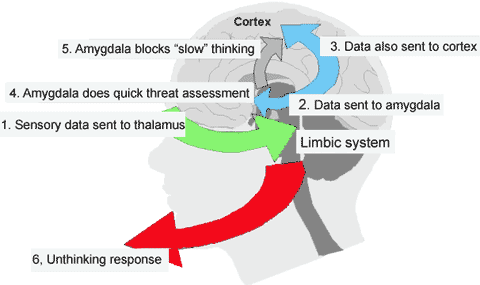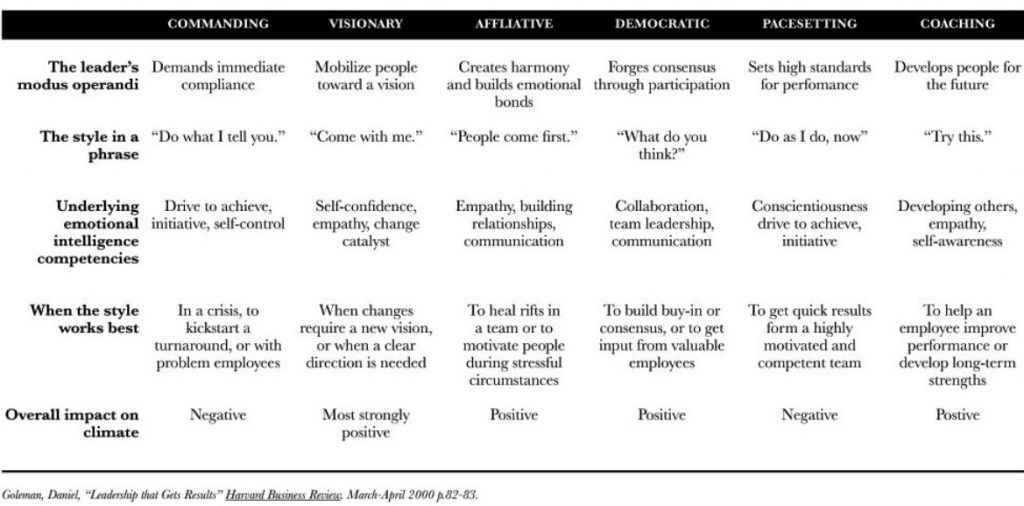
Improving Performance – Social Intelligence
- On 01-03-2017
Are you developing the social intelligence of your leaders and teachers as an access to improving school performance?
In Part I we indicated that our focus this year is on providing the practicalities of creating an empowering narrative for learning and leadership within your school. In this article we explore some of Daniel Goleman’s research behind emotional and social intelligence and what it indicates about shifting the narrative.
Always Learning
I love learning. Last September I had the opportunity to attend one day of the ACEL Educational Leadership Conference in Melbourne. Originally it was purely to support my colleague (Cathryn Stephens) in her presentation on the day but it turned out to be a fabulous insightful learning experience for me. The keynote talks I saw by Daniel Goleman on Focus and Emotional Intelligence in Education and Ben Walden on Inspirational Leadership: Lessons from Henry V were stunning. One for the insights it gave me on a topic I have been building my interest and understanding in and the other for the sheer brilliance and quality of the presenter. Click on the links to experience part of the presentations for yourself.
Emotional Hijack
In his talk Daniel began by highlighting the importance of managing both the cognitive culture AND the emotional culture within a school. A lot of attention is paid to the cognitive culture with a variety of structures and measures but very little to the emotional culture. He points out that managing the emotional culture – motivation, communication, inspiration, etc – can have extraordinary rewards in how well teachers can teach and students can learn.
The brain has not had an upgrade in over 100,000 years and it is designed for survival. Whilst our cognitive – rational – learning aspects stem from our pre-frontal cortex the brain is design (via the amygdala) so that emotional elements can hijack the pre-frontal cortex (which developed much later as we evolved). Some examples in schools which trigger emotional hijacks and “fixate our attention on what we perceive is threatening us” include:
- Budget cuts to the school
- Misbehaving or disengaged students in class
- Lack of control over decisions
- Overwhelm
The amygdala has a hair trigger response (“better safe than sorry”) and results in an over-emotional response that often you regret later.
Optimal Cognitive Efficiency
This feature of the brain is not all bad news. Daniel pointed out though that there is a sweet spot where individuals can operate at the maximum cognitive efficiency.
The more apathy and boredom or conversely angst and anxiousness we feel the worse we do cognitively. When challenges pique our interest our motivation increases and our attention focuses. Peak performance occurs when our belief about our ability matches the task’s difficulty and the demand on us. This is a great insight for teachers and students. The best teachers get their students to be in this optimal state as do the best leaders with their staff.
Leadership and Social Intelligence
How leaders lead and create the pre-dominant narrative and learning and leadership in the school matters to achieving optimal performance. Daniel shared that the human brain is peppered with mirror neurons which pick up what another is doing, feeling, etc. This feature of the brain allows emotions to flow between people instantly and allows for rapport (non-verbal synchronicity or a flow state) between people. We are still essentially social creatures. Daniel pointed out that leaders are senders of emotion and can direct transmissions to others.
Daniel defined a model of the four crucial competencies required be effective as leaders in managing the emotional state. You can read more about it here or see more on this video. What interested me most with Daniel’s argument was what he indicated about the impact of leadership style on the climate within a school.
A leader who is visionary and creates a climate of coaching and development has an enormously positive impact on the climate within a school and will lead to the higher performance. In fact, Daniel pointed out that leaders who exhibit 4 or more of the above styles have schools who produce outstanding results. If leaders only exhibit 1 or 2 then students don’t perform.
Implications
If the goal is to create an empowering narrative for learning and leadership then schools need to go to work on changing the “inner algorithms” by which people operate and also the global system (culture) within which they operate. Addressing the global culture is important because our brains can have system blindness. Our perceptions and beliefs are – be default – tuned to the very localized and micro systems (thus the rise of opinions over evidence).
At the level of individuals distinguishing the current leadership styles (or “inner algorithms” for leadership) being used within the school is the first step. The next step is to align the thinking, planning and actions of school leaders (and then teachers) so they exhibit the four most positive leadership styles. Whilst the development of individuals is occurring it is important to explore how the systems and processes within the school are limiting leadership and optimal cognitive performance.
This is the heart of our middle leadership program that we have been offering to schools. We not only distinguish the current perceptions about leadership but lead participants through a process of strategic visionary thinking and planning that sets up a developmental structure for leaders and teachers.
Some Questions for you to think about
- What leadership style(s) would each member of the senior and middle leadership team identify they use?
- What about the teachers in their classrooms and with each other?
- How could you go about developing the structures and systems so that a visionary and coaching leadership style is the pre-dominant approach used in your school?


0 Comments